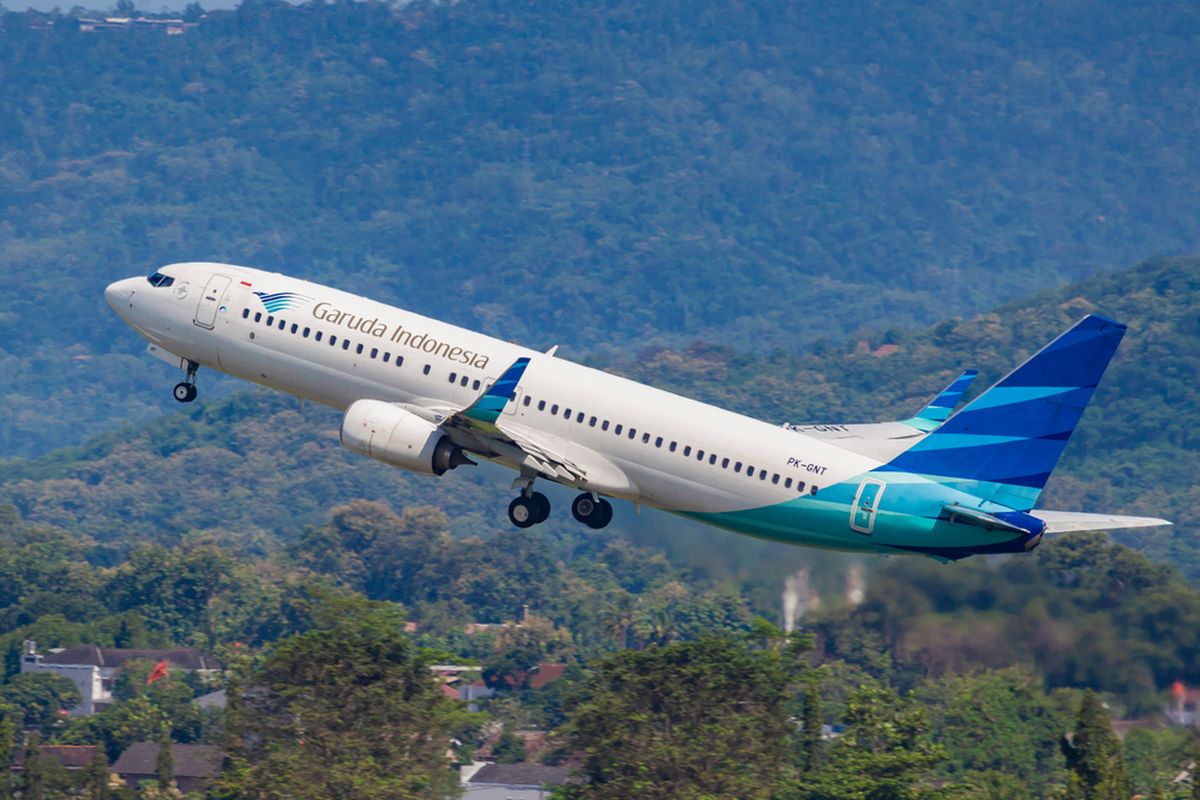Airlines and Hotels in Indonesia Need 2 Years to Recover Post Pandemic

JAKARTA, KOMPAS.com – Passenger capacity restrictions and health-related protocols will hinder the recovery of airlines and hotels in Indonesia post pandemic, said Special Adviser to the Office of the Coordinating Economy Minister Raden Pardede.
He estimates that airlines and hotels will need at least two years to fully recover and operate normally.
Restrictions in the number of passengers for airlines will impact their revenue. Added protocols will also make travelers think twice before traveling by plane post pandemic.
Read Also: Indonesia AirAsia to resume regular services next month
“Thus I believe that industries involved in hospitality will see a slower recovery,” said Raden Pardede.
The financial performance of airlines and hotels in Indonesia took a steep downturn as the government imposed social restrictions and closed borders to travelers.
The downturn is in line with the global airline and hospitality industries’ performance.
Hotels in Indonesia recently opened in parts of the country where social restrictions have been loosened such as Jakarta.
Read Also: Indonesia to Reinstate Tighter Measures If Covid-19 Cases Spike
The industry must comply with more stringent health protocols stipulated by the country’s Ministry of Health post pandemic.
On the other hand, the airline industry in Indonesia will gradually increase its passenger capacity to 100 percent.
For now, Transport Ministry’s Director General of Aviation Novie Riyanto said the focus is on ensuring optimal safety of airplanes.
The goal is to prevent the spread of the novel Covid-19 virus while also training airline personnel on handling Coronavirus cases.
As of 12 June, Indonesia reported 1,111 new Coronavirus cases, making the total number of confirmed Covid-19 patients to 36,427.
Read Also: Indonesia’s Coronavirus Death Toll Now At 2000
Garuda Indonesia amidst pandemic
Indonesian national airline carrier Garuda Indonesia has faced several woes since the start of the Coronavirus pandemic.
It took the beating from national and international restrictions that caused the drop in daily flights.
The company had to ground 70 percent of its fleet although Garuda Indonesia has used the time to carry out maintenance checks of its planes.
In May, the Indonesian government allocated Rp 8.5 trillion in working capital guarantee to the struggling airline.
Garuda Indonesia managed to garner the approval from bondholders to extend its $500 million Sukuk (Islamic bond) for an additional three years. The bond was originally due on 3 June; Sukuk is a sharia-compliant bond.
The news has been warmly received as publicly listed Garuda Indonesia struggles to fulfill its debt obligations post pandemic.
Among the measures that Garuda Indonesia took to stay afloat amidst the Coronavirus pandemic are cutting employees' salaries and laying off workers and pilots. (Writer: Mutia Fauzia | Editor: Yoga Sukmana)
Simak breaking news dan berita pilihan kami langsung di ponselmu. Pilih saluran andalanmu akses berita Kompas.com WhatsApp Channel : https://www.whatsapp.com/channel/0029VaFPbedBPzjZrk13HO3D. Pastikan kamu sudah install aplikasi WhatsApp ya.

































